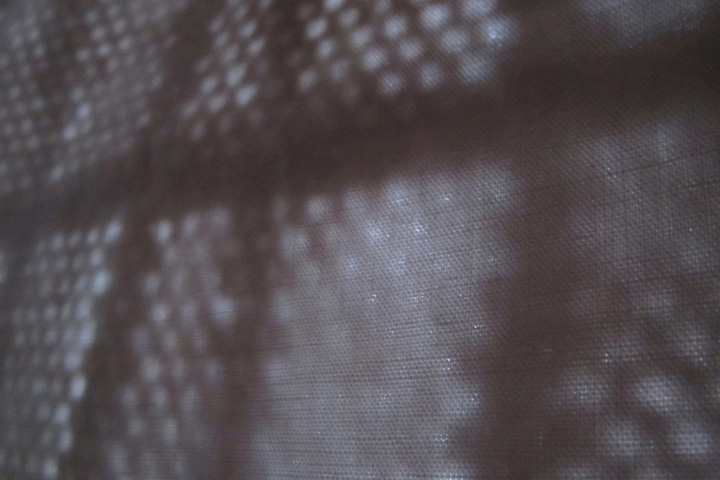KAQ Series
I recently discovered I was named after an American girl whose story had been international news when my mother was pregnant with me. Karen Ann Quinlan’s ten year coma brought about new legal and medical precedents around end-of-life care that still resonate strongly today.
Attempting to understand that time when her world stood still, I began experimenting with homemade pinhole cameras which I left around the Dublin mountains and Bohernabreena Reservoir. The outdoors and living lakeside had been intrinsic parts of Karen’s life.
I collected long exposure pinhole photographs (or solargraphs) of 2 - 12 weeks in duration. The sun's path from East to West each day burned lines into the photo-sensitive paper; its arcs in spring higher than those of winter.
The pinholes yielded their visual representation of time and ‘standing still’. For me, this was a new insight or understanding of the seasons and the earth’s revolution around the sun. I had never taken the time to stop and ‘see’ before. And so it was with my daily schedule; I found that this new awareness of ever-changing nature and light spilled into my everyday routine.
This idea of continuous change has its own aesthetic in Japan called wabi sabi. Wabi sabi is a world view that ascribes beauty to the idea that ‘nothing lasts, nothing is finished, and nothing is perfect’ and usually references nature and the handmade. [1]
Applying this notion to images of the everyday, I used shallow depths of field, soft focus, extreme close-up and unorthodox framing to create images of transience, imperfection and incompletion. In presenting the familiar thus, I ask the viewer to join me in momentarily standing still to see anew.
Intertwining the solargraphs and the wabi sabi works are photographs taken around a hospital bed, from the inside out. While I did initially set out to represent Karen in some way, I came to understand that these particular images in fact signify my own awakening to the world as afforded by her.
[1] Powell. Richard R. (2004), Wabi Sabi Simple: Create Beauty, Value Imperfection, Live Deeply, Adams Media Corporation

